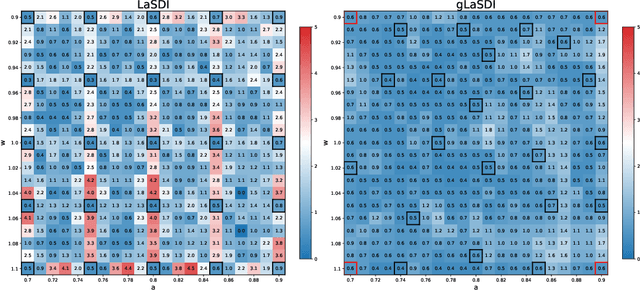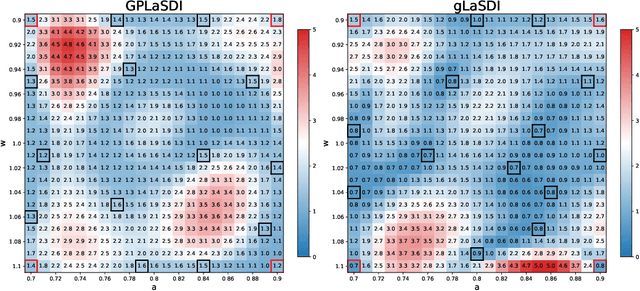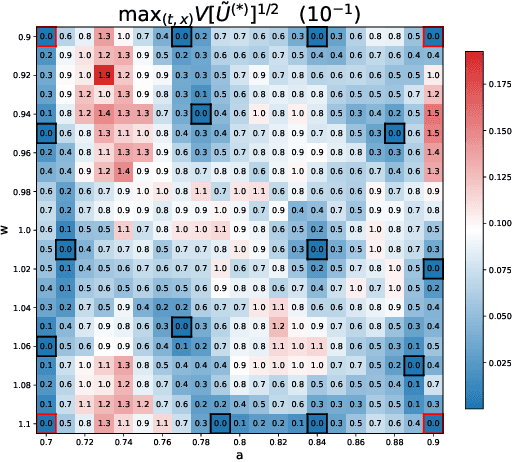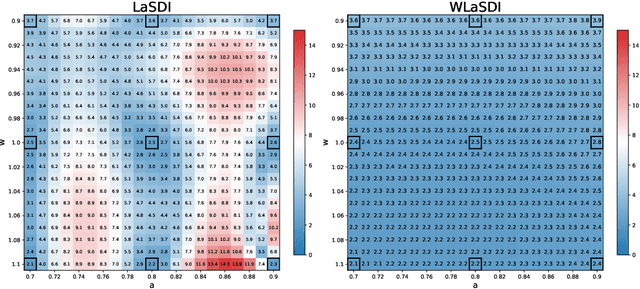Debojyoti Ghosh
HybridSOMSpikeNet: A Deep Model with Differentiable Soft Self-Organizing Maps and Spiking Dynamics for Waste Classification
Oct 23, 2025Abstract:Accurate waste classification is vital for achieving sustainable waste management and reducing the environmental footprint of urbanization. Misclassification of recyclable materials contributes to landfill accumulation, inefficient recycling, and increased greenhouse gas emissions. To address these issues, this study introduces HybridSOMSpikeNet, a hybrid deep learning framework that integrates convolutional feature extraction, differentiable self-organization, and spiking-inspired temporal processing to enable intelligent and energy-efficient waste classification. The proposed model employs a pre-trained ResNet-152 backbone to extract deep spatial representations, followed by a Differentiable Soft Self-Organizing Map (Soft-SOM) that enhances topological clustering and interpretability. A spiking neural head accumulates temporal activations over discrete time steps, improving robustness and generalization. Trained on a ten-class waste dataset, HybridSOMSpikeNet achieved a test accuracy of 97.39%, outperforming several state-of-the-art architectures while maintaining a lightweight computational profile suitable for real-world deployment. Beyond its technical innovations, the framework provides tangible environmental benefits. By enabling precise and automated waste segregation, it supports higher recycling efficiency, reduces contamination in recyclable streams, and minimizes the ecological and operational costs of waste processing. The approach aligns with global sustainability priorities, particularly the United Nations Sustainable Development Goals (SDG 11 and SDG 12), by contributing to cleaner cities, circular economy initiatives, and intelligent environmental management systems.
Neuroplastic Modular Framework: Cross-Domain Image Classification of Garbage and Industrial Surfaces
Oct 06, 2025Abstract:Efficient and accurate classification of waste and industrial surface defects is essential for ensuring sustainable waste management and maintaining high standards in quality control. This paper introduces the Neuroplastic Modular Classifier, a novel hybrid architecture designed for robust and adaptive image classification in dynamic environments. The model combines a ResNet-50 backbone for localized feature extraction with a Vision Transformer (ViT) to capture global semantic context. Additionally, FAISS-based similarity retrieval is incorporated to provide a memory-like reference to previously encountered data, enriching the model's feature space. A key innovation of our architecture is the neuroplastic modular design composed of expandable, learnable blocks that dynamically grow during training when performance plateaus. Inspired by biological learning systems, this mechanism allows the model to adapt to data complexity over time, improving generalization. Beyond garbage classification, we validate the model on the Kolektor Surface Defect Dataset 2 (KolektorSDD2), which involves industrial defect detection on metal surfaces. Experimental results across domains show that the proposed architecture outperforms traditional static models in both accuracy and adaptability. The Neuroplastic Modular Classifier offers a scalable, high-performance solution for real-world image classification, with strong applicability in both environmental and industrial domains.
A Comprehensive Review of Latent Space Dynamics Identification Algorithms for Intrusive and Non-Intrusive Reduced-Order-Modeling
Mar 16, 2024



Abstract:Numerical solvers of partial differential equations (PDEs) have been widely employed for simulating physical systems. However, the computational cost remains a major bottleneck in various scientific and engineering applications, which has motivated the development of reduced-order models (ROMs). Recently, machine-learning-based ROMs have gained significant popularity and are promising for addressing some limitations of traditional ROM methods, especially for advection dominated systems. In this chapter, we focus on a particular framework known as Latent Space Dynamics Identification (LaSDI), which transforms the high-fidelity data, governed by a PDE, to simpler and low-dimensional latent-space data, governed by ordinary differential equations (ODEs). These ODEs can be learned and subsequently interpolated to make ROM predictions. Each building block of LaSDI can be easily modulated depending on the application, which makes the LaSDI framework highly flexible. In particular, we present strategies to enforce the laws of thermodynamics into LaSDI models (tLaSDI), enhance robustness in the presence of noise through the weak form (WLaSDI), select high-fidelity training data efficiently through active learning (gLaSDI, GPLaSDI), and quantify the ROM prediction uncertainty through Gaussian processes (GPLaSDI). We demonstrate the performance of different LaSDI approaches on Burgers equation, a non-linear heat conduction problem, and a plasma physics problem, showing that LaSDI algorithms can achieve relative errors of less than a few percent and up to thousands of times speed-ups.
Data-Driven Autoencoder Numerical Solver with Uncertainty Quantification for Fast Physical Simulations
Dec 02, 2023

Abstract:Traditional partial differential equation (PDE) solvers can be computationally expensive, which motivates the development of faster methods, such as reduced-order-models (ROMs). We present GPLaSDI, a hybrid deep-learning and Bayesian ROM. GPLaSDI trains an autoencoder on full-order-model (FOM) data and simultaneously learns simpler equations governing the latent space. These equations are interpolated with Gaussian Processes, allowing for uncertainty quantification and active learning, even with limited access to the FOM solver. Our framework is able to achieve up to 100,000 times speed-up and less than 7% relative error on fluid mechanics problems.
GPLaSDI: Gaussian Process-based Interpretable Latent Space Dynamics Identification through Deep Autoencoder
Aug 10, 2023Abstract:Numerically solving partial differential equations (PDEs) can be challenging and computationally expensive. This has led to the development of reduced-order models (ROMs) that are accurate but faster than full order models (FOMs). Recently, machine learning advances have enabled the creation of non-linear projection methods, such as Latent Space Dynamics Identification (LaSDI). LaSDI maps full-order PDE solutions to a latent space using autoencoders and learns the system of ODEs governing the latent space dynamics. By interpolating and solving the ODE system in the reduced latent space, fast and accurate ROM predictions can be made by feeding the predicted latent space dynamics into the decoder. In this paper, we introduce GPLaSDI, a novel LaSDI-based framework that relies on Gaussian process (GP) for latent space ODE interpolations. Using GPs offers two significant advantages. First, it enables the quantification of uncertainty over the ROM predictions. Second, leveraging this prediction uncertainty allows for efficient adaptive training through a greedy selection of additional training data points. This approach does not require prior knowledge of the underlying PDEs. Consequently, GPLaSDI is inherently non-intrusive and can be applied to problems without a known PDE or its residual. We demonstrate the effectiveness of our approach on the Burgers equation, Vlasov equation for plasma physics, and a rising thermal bubble problem. Our proposed method achieves between 200 and 100,000 times speed-up, with up to 7% relative error.
 Add to Chrome
Add to Chrome Add to Firefox
Add to Firefox Add to Edge
Add to Edge